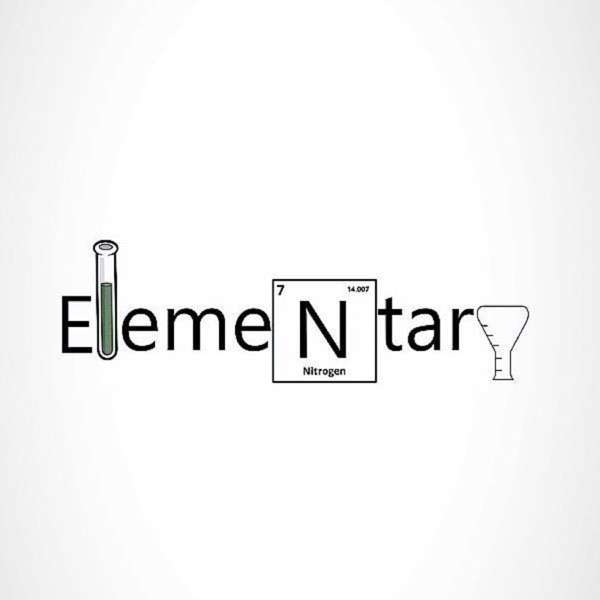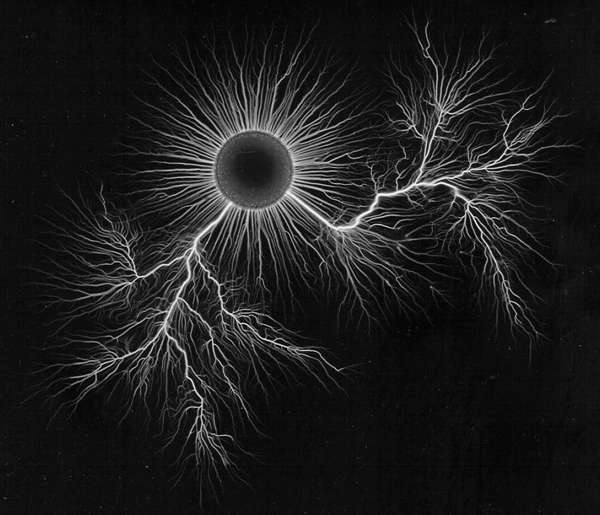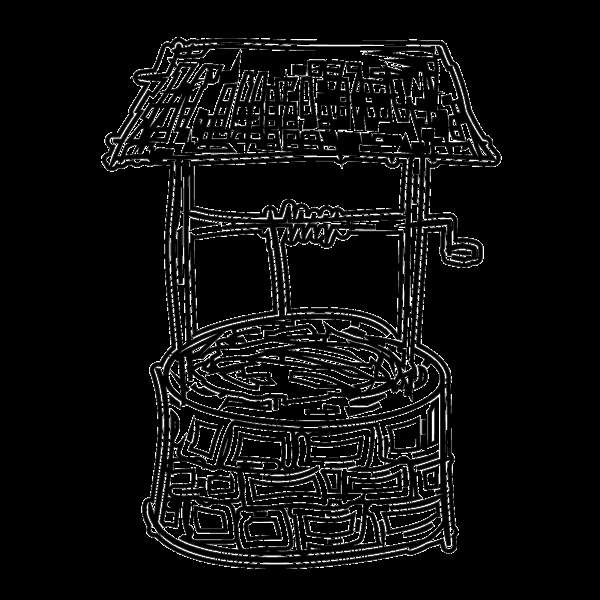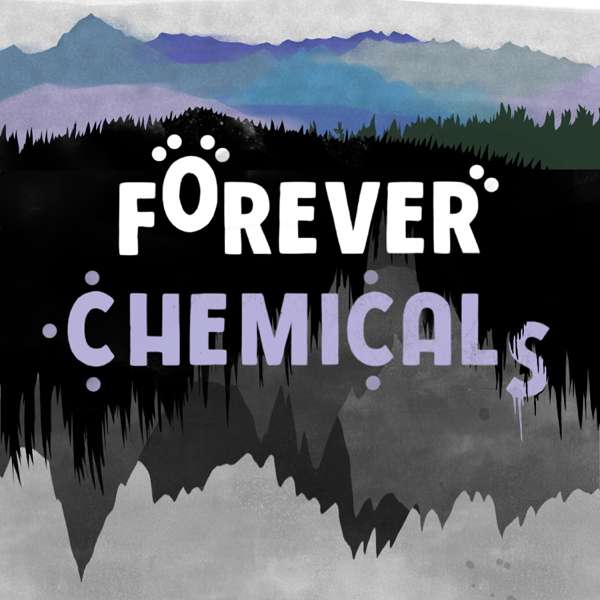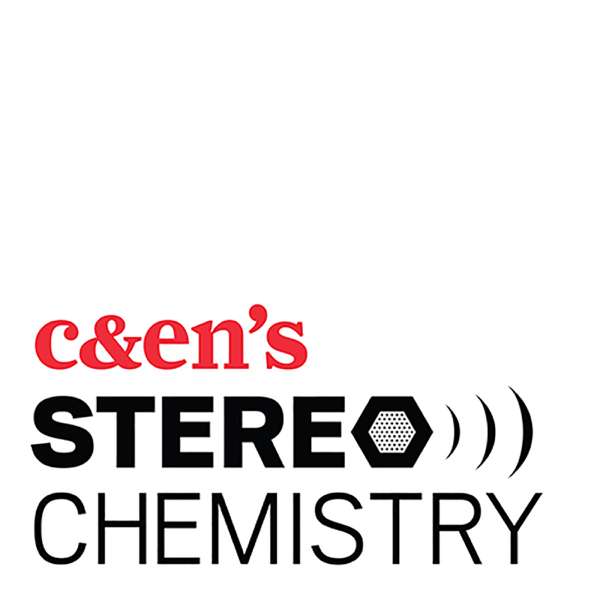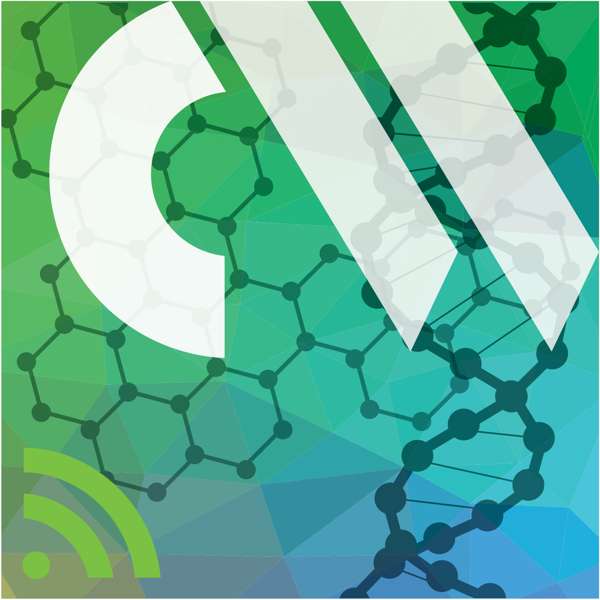In this podcast, Taylor and Andrew investigate the past, present, and future of materials science and engineering. Topic areas ranging from cutting edge materials technology, the history of different materials, the commercialization of new materials, and exciting advances in processing and characterization are all covered in detail. Our episodes include things like the unlikely discovery of superglue or teflon, the fascinating backstories about modern biomaterials like dialysis filters, and updates on new technologies including wearable electronics, next generation batteries, and nanomaterials. In short, we hope to help listeners understand the critical role that materials have played in society and even glimpse into what the future may hold for new materials.
- Home
- Top Charts
- Top Networks
- Top Apps
- Top Independents
- Top Podfluencers
- Top Picks
- Top Business Podcasts
- Top True Crime Podcasts
- Top Finance Podcasts
- Top Comedy Podcasts
- Top Music Podcasts
- Top Womens Podcasts
- Top Kids Podcasts
- Top Sports Podcasts
- Top News Podcasts
- Top Tech Podcasts
- Top Crypto Podcasts
- Top Entrepreneurial Podcasts
- Top Fantasy Sports Podcasts
- Top Political Podcasts
- Top Science Podcasts
- Top Self Help Podcasts
- Top Sports Betting Podcasts
- Top Stocks Podcasts
- Podcast News
- About Us
- Podcast Advertising
- Contact

 Our TOPPODCAST Picks
Our TOPPODCAST Picks  Stay Connected
Stay Connected


